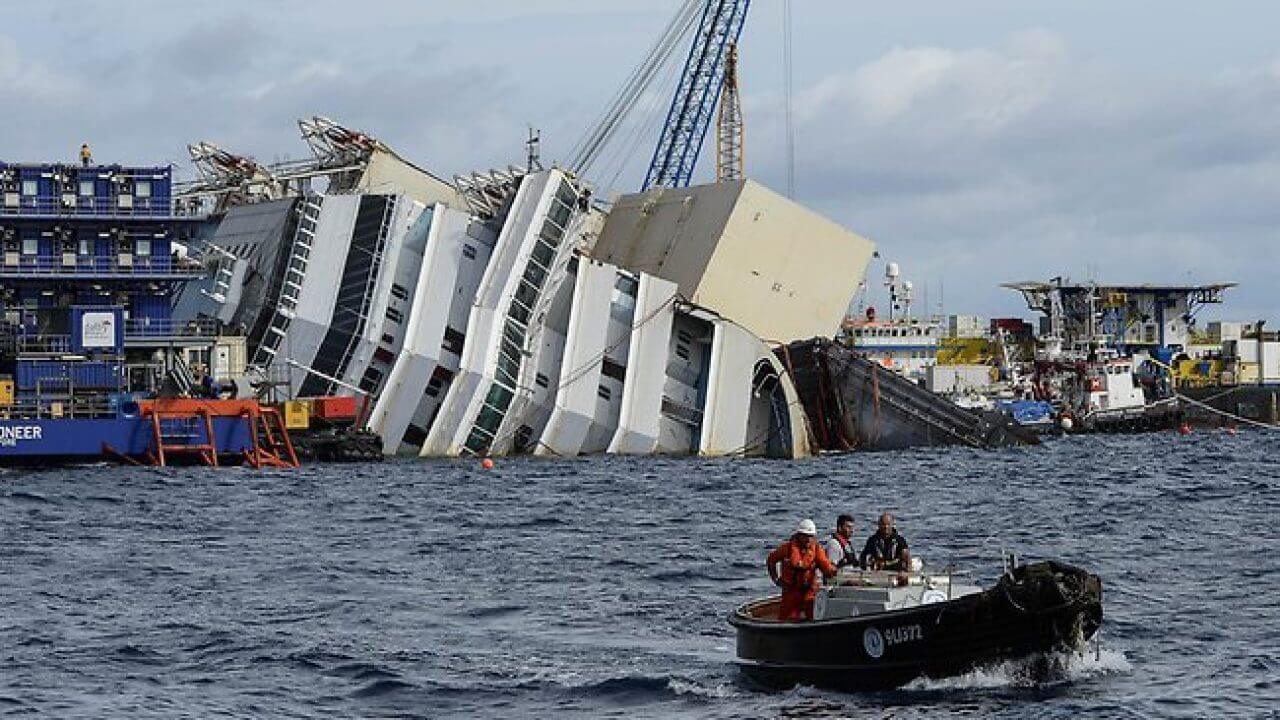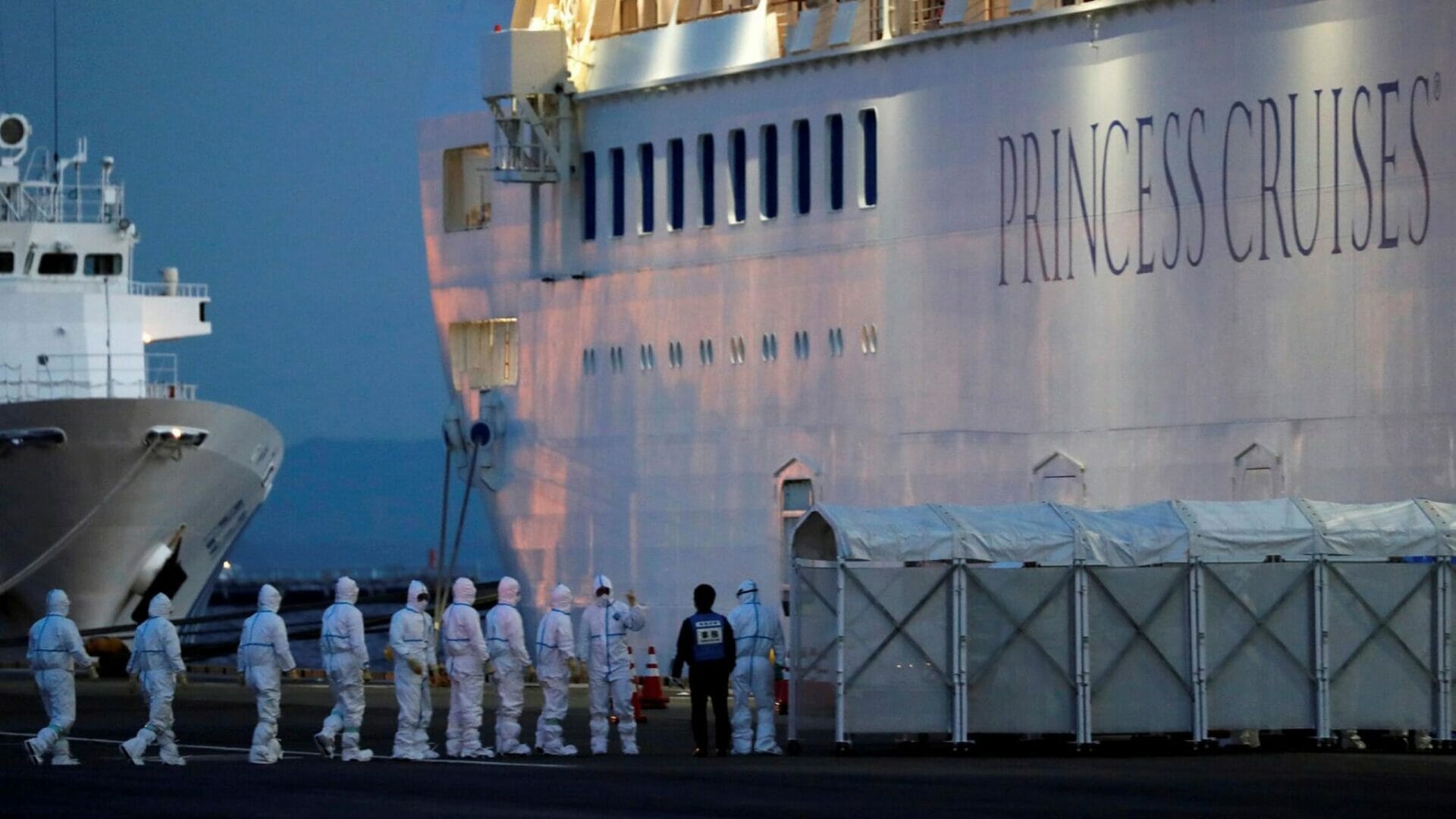It may depend where the victim died!

Image Source: marineinsight.com
The Death on the High Seas Act Drastically Limits Recovery for Victims and Their Families
The Death on the High Seas Act (“DOHSA”), applies “when the death of an individual is caused by wrongful act, neglect, or default occurring on the high seas beyond three nautical miles from shore of the United States”. 46 U.S.C. §30302.
If DOHSA applies, the Act is generally the exclusive remedy available. Claims cannot be brought under state law or general maritime law in conjunction with DOHSA.
The Death on the High Seas Act was actually enacted by the United States government in 1920 to provide financial recompensing to the families of those shipmen who died while being in the active line of duty. But a series of amendments to the Act, including one enacted in 2000, affected claims for lives lost in aircraft accidents and mishaps.
Relevant to cruise passengers, the Death on the High Seas Act prevents survivors from suing for their emotional distress or pain and suffering even when a loved one dies on a ship at sea. Instead, DOHSA allows the decedent’s spouse, parent, child, or dependent relative to recover for “pecuniary loss” sustained by those individuals, which are damages that can be calculated with some degree of precision, such as loss of financial support from the decedent.
DOHSA also does not allow for recovery of any damages suffered by the decedent herself, such as pre-death medical expenses. A decedent’s estate is only allowed to assert claims for damages suffered by the decedent if the decedent files a lawsuit for personal injuries occurring on the high seas, and dies from those injuries during the pendency of that lawsuit.

Image Source: ft.com
The Bottom Line for Cruise Passengers and Their Families
If someone is gravely hurt and may die due to injuries sustained on the high seas, it is important to file a lawsuit as soon as possible to preserve claims for damages suffered by that person. Fatal injuries can result in astronomical medical expenses. The victim’s estate could lose the right to recover for these expenses unless the claim is filed prior to the decedent’s death.
What If Cruise Line Passengers Die of Covid-19 Near Shore?
The Death on the High Seas Act only applies to deaths at sea beyond 3 miles from shore. Deaths within three miles of shore are covered by state law, the Jones Act, or general maritime law wrongful death and survival provisions, which typically provide claimants substantially broader recovery than the Death on the High Seas Act.
What do you think? Should victims and their families be limited in their recovery just because they were injured on the high seas, rather than on land or close to shore? Will you be going on a cruise anytime soon?










